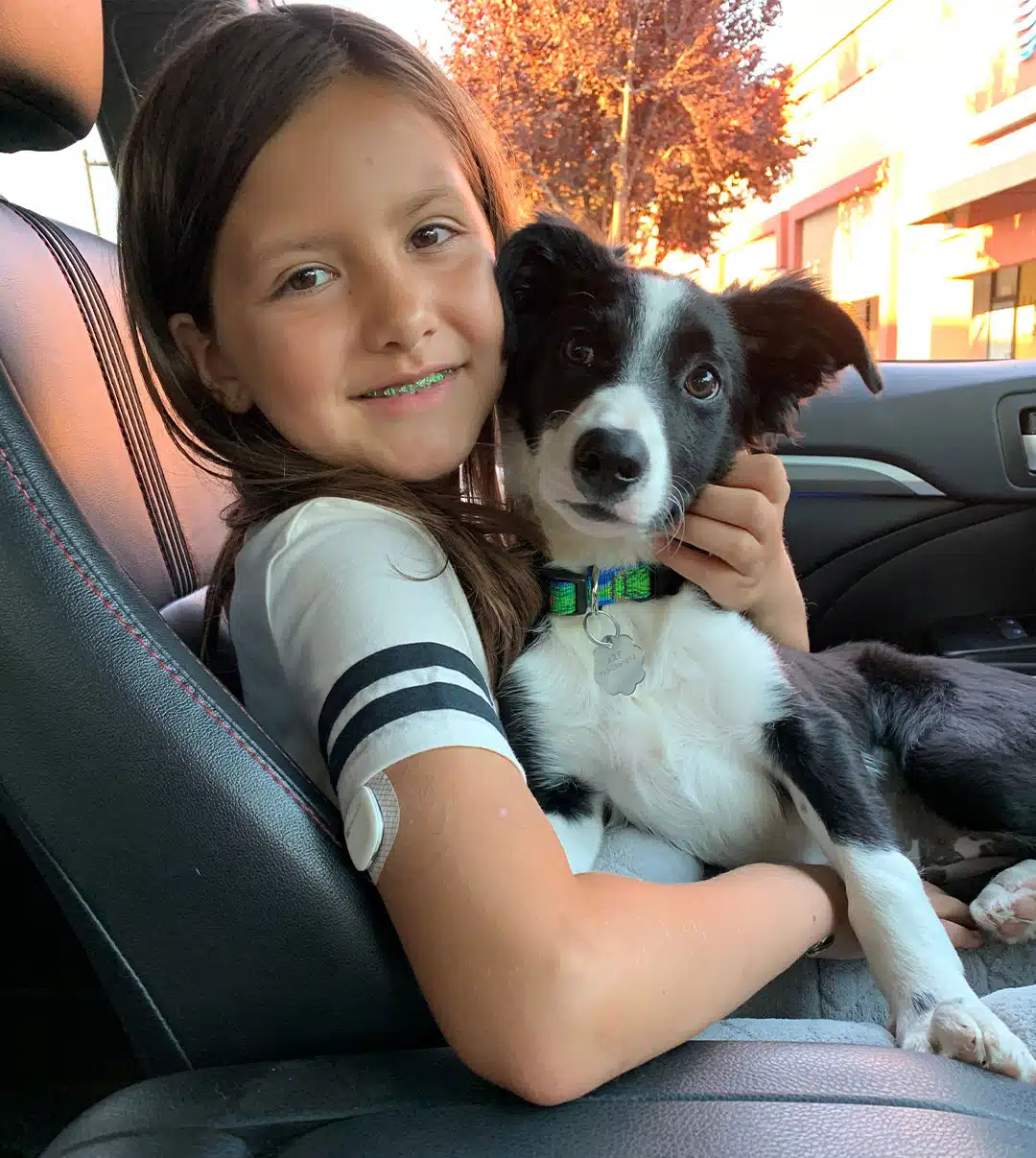What is Feline Immunodeficiency Virus (FIV)?

FIV stands for Feline Immunodeficiency Virus. This virus is in the same family of viruses as FeLV (Feline Leukemia Virus). They are both retroviruses. But the subfamily of FIV is different: It is a lentivirus (or “slow virus”). The other familiar lentivirus to all of us is HIV, which causes AIDS in humans. So, humans are not alone in having a virus that affects the immune system.
FIV is a cat-only disease. This immunodeficiency virus (like all immunodeficiency viruses) is very species specific – so specific, in fact, that the virus domestic cats have is different from the kind big cats have.
How is FIV Spread?
FIV is spread between cats by bite wounds and blood transfusions. Unless your FIV kitty bites another cat, the virus cannot spread. FIV can never be spread casually. Casual includes litter boxes, water and food bowls or snuggling and playing. It is even unlikely for an FIV mother to give FIV to her kittens. So, a general rule of thumb is that if unless a cat with FIV were to bite another cat, they cannot spread their FIV.
Can an FIV+ Cat Live With Other Cats?
With the truth about FIV in hand, there is no reason that cats with FIV should not be in a loving home. FIV cats can often live quite long and quite normal lives. Some cats seem to live a long time with this virus often with no symptoms at all.
How Long Can I Expect my FIV+ Cat to Live?
The lifespan of FIV cats can be quite long and they have a lot to give us. FIV should not prevent a delightful feline from coming into your home.
How Should FIV+ Cats be Managed?
Of course, there is no guarantee that an FIV cat will not develop clinical disease; but there’s no guarantee that any cat won’t get sick from something at some time in their lifetime. Over 50% of cats with FIV do not develop clinical signs associated with the disease. Some of the signs that can occur are gingivitis/ stomatitis (swelling of the mouth). Any common disease can occur when the immune system is impaired. You should plan on having a veterinarian examine your cat at least twice a year. And of course be on the watch out for any problems – difficulty eating, weight loss, respiratory infections, etc.
The life span of FIV cats can be quite long and they have a lot to give us. FIV should not prevent a delightful feline from coming into your home.
Why Should I Adopt an FIV+ Cat?
FIV+ cats are just like other cats. They all have unique personalities and traits and will provide you with love, laughter, and companionship.


